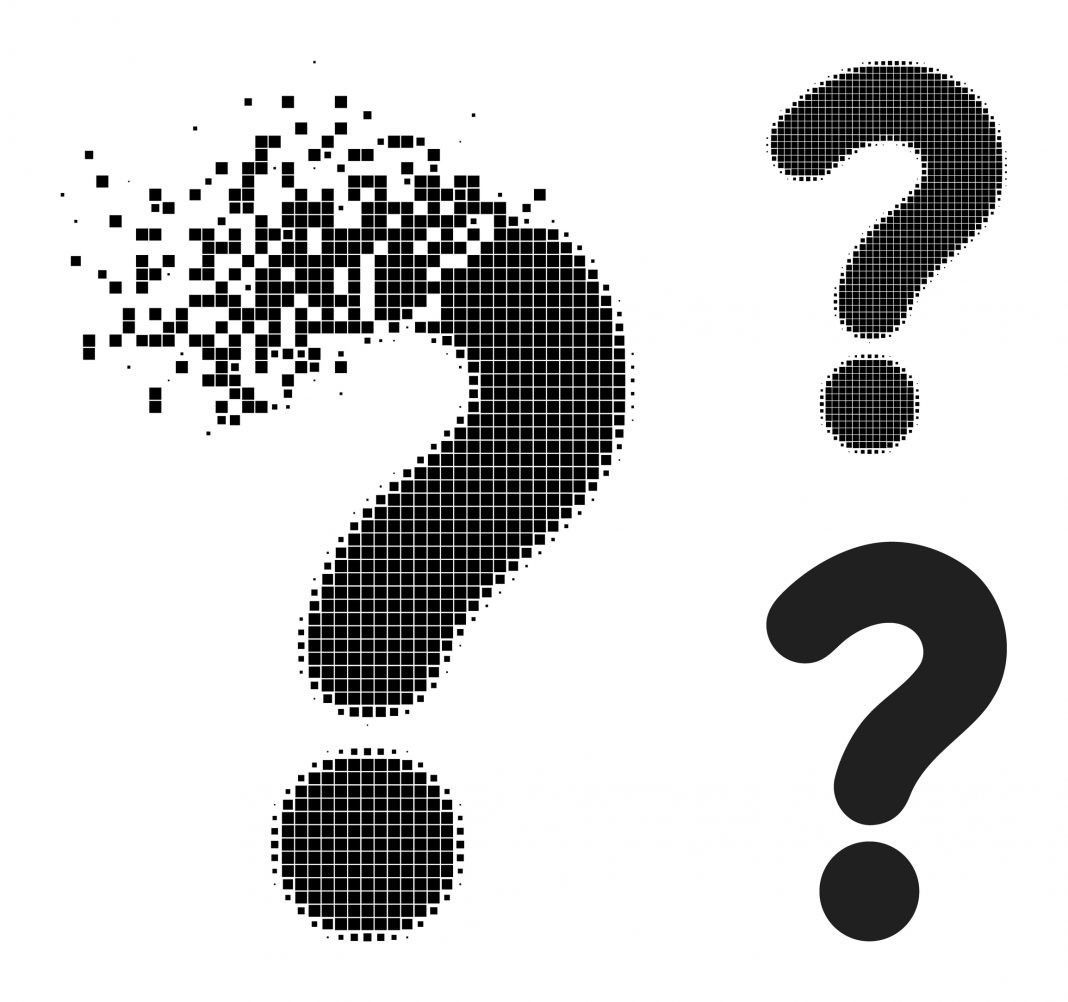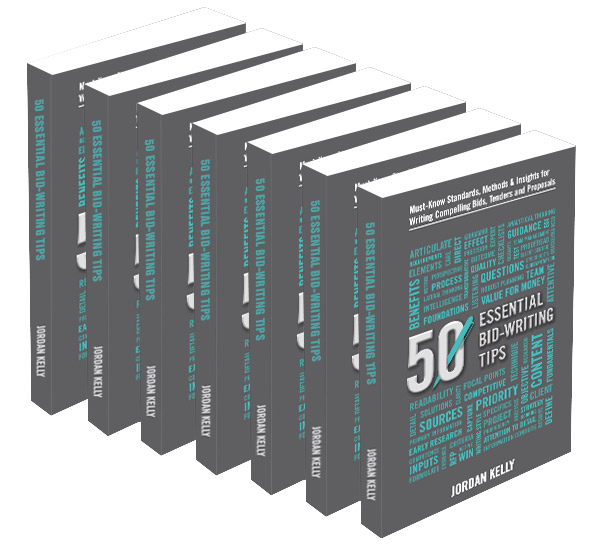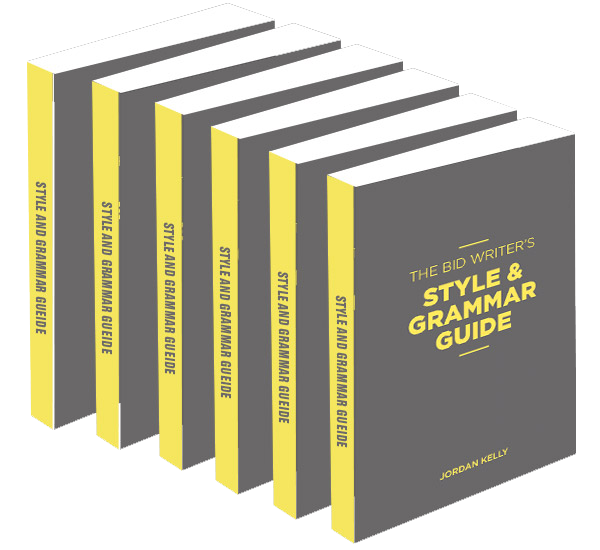CATEGORIES:

I have a beef with younger writers: Their propensity to see question marks as unnecessary.
Perhaps they feel that avoiding the use of a question mark (where one is, in fact, necessary) makes their writing read more authoritatively.
Whatever their reasoning, such a practice is grammatically incorrect. A question is a question, and it should be denoted as such with a concluding question mark.
Ironically, it seems just as many of these young writers employ question marks when it is grammatically incorrect to do so:
“He asked what their labour turnover was?”
This question is indirect and does not require a question mark.
This is not, however, to be confused with the fact that a question mark is used to indicate a reflective question (although these instances occur primarily in spoken English: “You were showing a profit up until then?”).
Perhaps I’m just a grumpy grammar curmudgeon. But I firmly contend that bids, tenders, proposals and any other formal submissions are the place to show high standards and all-round diligence. There is no more glaring way to demonstrate the opposite than with sloppy grammar.
THE BID WRITER'S STYLE & GRAMMAR GUIDE
(Book)
Your organisation’s credibility hangs on the quality of your writing and the standards it reflects.
Used diligently, this 196-page, high-quality paperback production will ensure the highest degree of grammatical diligence in your submissions, along with a consistent, professional writing style throughout.
Available individually or as a six-pack (6 for the price of 5).
50 ESSENTIAL BID-WRITING TIPS
Must-Know Standards, Methods & Insights for Writing Compelling Bids, Tenders and Proposals

(Book)
This 220-page, high-quality paperback production features 50 mini-lessons to ensure both your professional writers and your contributing subject matter experts produce client-centric, substance-based submission content.
Available individually or as a 6-pack
(6 for the price of 5).



